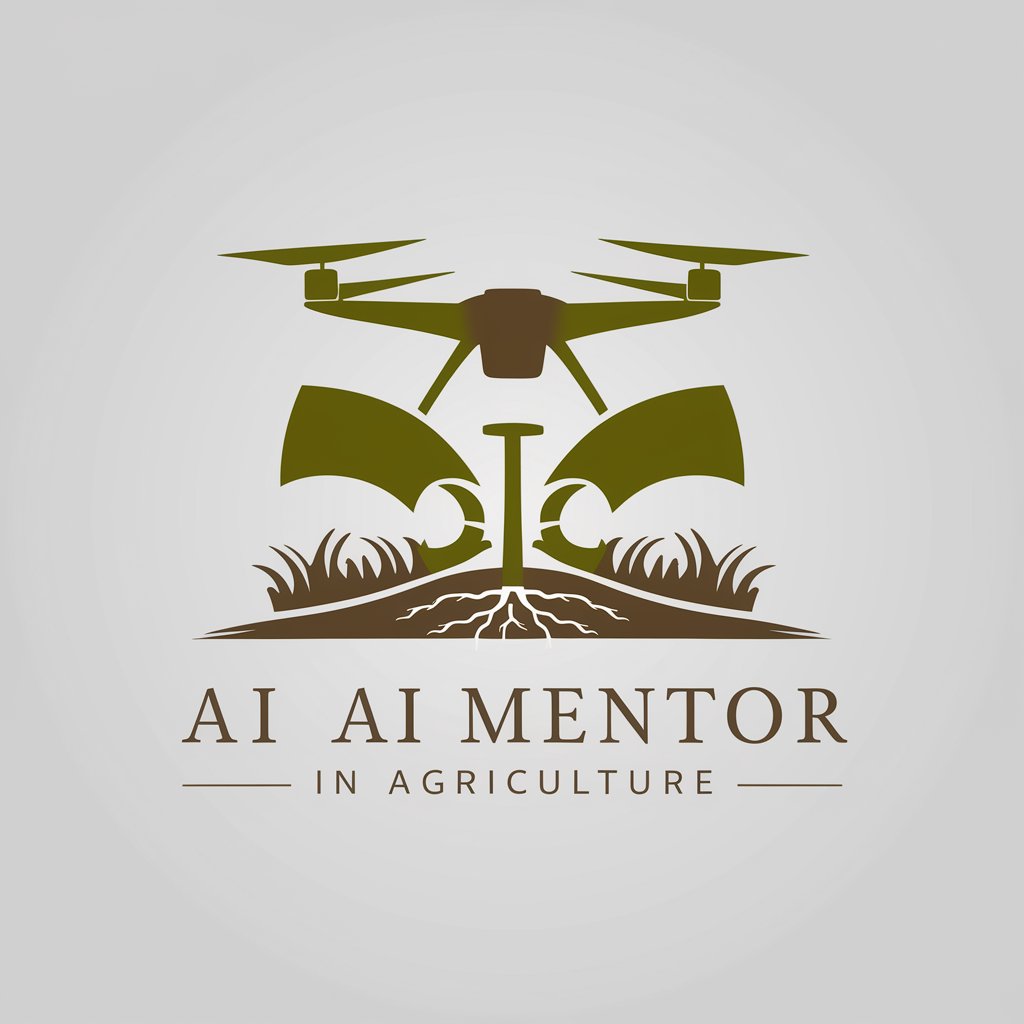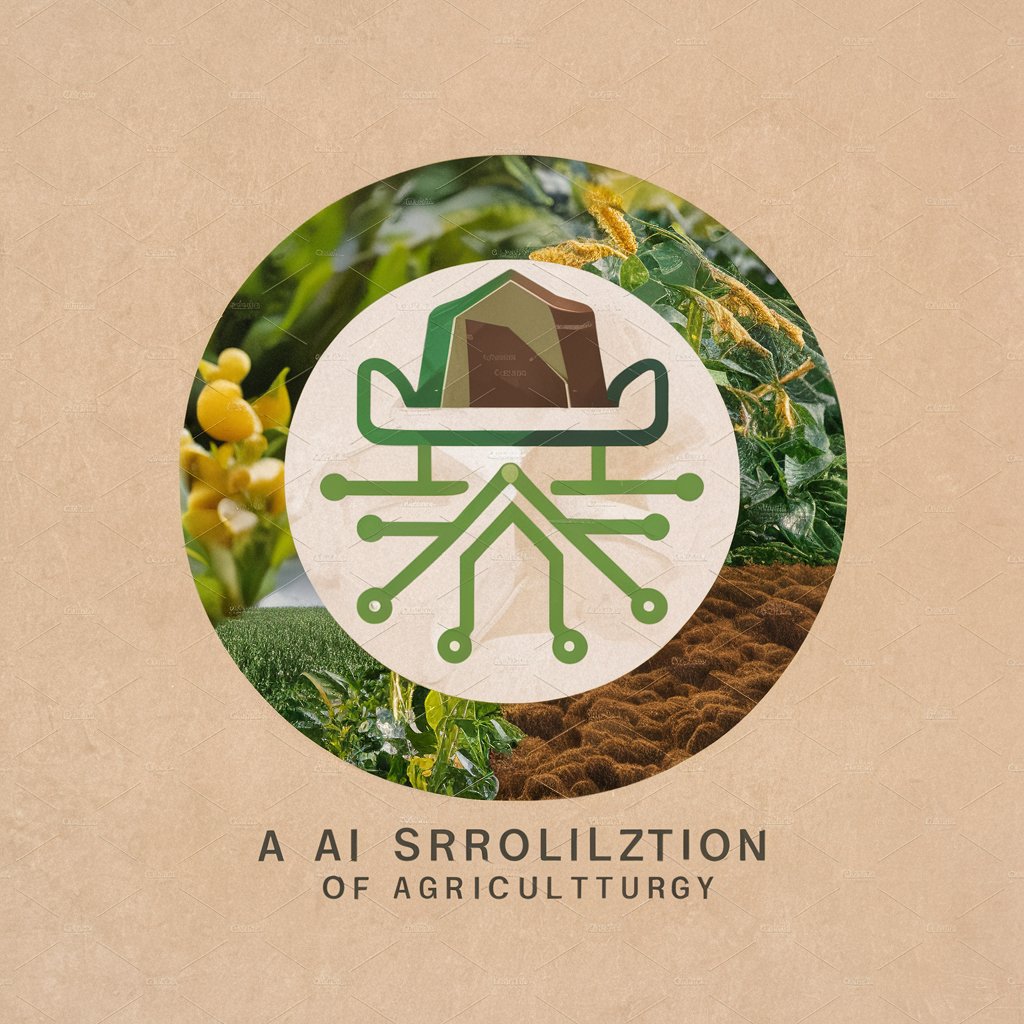
Agricultural Economics - Agricultural Economics Insights
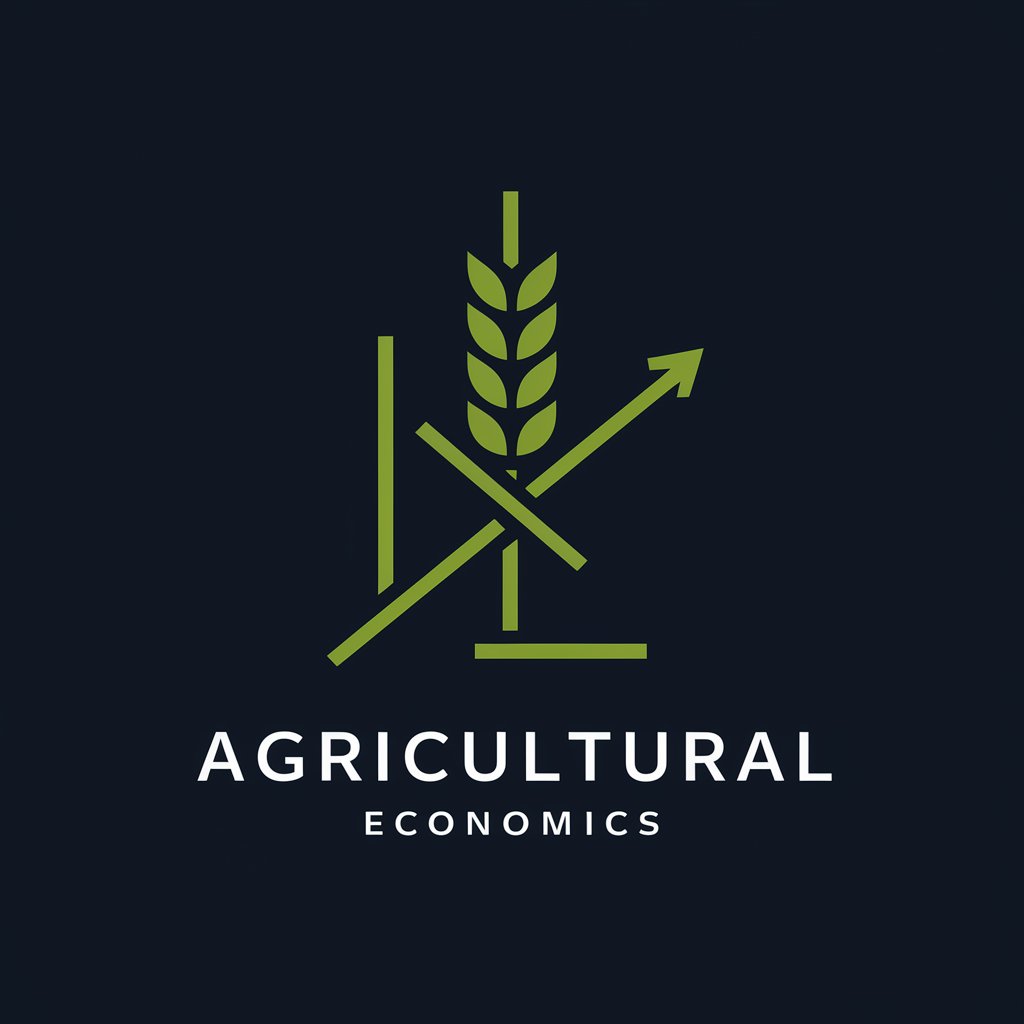
Welcome! Let's delve into the economics of agriculture.
Empowering Agriculture with AI Insights
Explain the economic impacts of crop rotation on soil fertility and farm profitability.
What are the latest trends in global agricultural commodity markets?
How do government subsidies influence agricultural production and prices?
Discuss the role of technology in improving agricultural productivity and economic efficiency.
Get Embed Code
Introduction to Agricultural Economics
Agricultural Economics is a specialized field that combines the principles of economics with the agricultural industry to analyze the production, distribution, and consumption of agricultural goods and services. This field focuses on optimizing the use and management of agricultural resources to enhance food production, ensure sustainability, and promote economic growth within the agricultural sector. For example, an agricultural economist might study the impact of weather patterns on crop yields, analyze the effects of trade policies on agricultural exports, or evaluate the efficiency of different farming technologies. These professionals work towards developing strategies that help farmers and agricultural businesses maximize profits while minimizing environmental impact and ensuring food security for communities. Powered by ChatGPT-4o。

Main Functions of Agricultural Economics
Market Analysis and Forecasting
Example
Studying global supply and demand trends for wheat to predict future price movements.
Scenario
An agricultural economist uses market analysis tools to forecast wheat prices, helping farmers decide when to sell their crops and policymakers to understand food security implications.
Policy Analysis and Development
Example
Evaluating the economic impact of subsidies for organic farming on local economies.
Scenario
Through policy analysis, agricultural economists assess how government subsidies for organic farming affect production levels, market prices, and sustainability, providing valuable insights for policy decisions.
Resource Management and Sustainability
Example
Assessing the economic viability of water-efficient irrigation systems in arid regions.
Scenario
Agricultural economists analyze the cost-benefit ratio of adopting water-efficient irrigation technologies, offering solutions that promote sustainable water use without compromising agricultural productivity.
Risk Management and Insurance
Example
Developing crop insurance models to mitigate the financial risk of farmers due to adverse weather conditions.
Scenario
By creating and evaluating crop insurance models, agricultural economists help farmers manage financial risk associated with unpredictable weather, ensuring economic stability for agricultural communities.
Ideal Users of Agricultural Economics Services
Farmers and Agricultural Producers
This group benefits from insights into crop production economics, market trends, and risk management strategies, helping them make informed decisions on what to grow, when to sell, and how to manage resources efficiently.
Policy Makers and Government Agencies
They rely on agricultural economic analysis to develop and implement policies that support sustainable agriculture, food security, and rural development, ensuring the economic viability of the agricultural sector.
Agribusinesses and Food Companies
These entities use agricultural economic research to optimize supply chain management, forecast market trends, and make strategic business decisions that align with global food demand and sustainability practices.
Academic Researchers and Students
This group engages with agricultural economics to contribute to scholarly research, advance the field's knowledge base, and educate future professionals about the economic aspects of agriculture.

How to Use Agricultural Economics Effectively
Initiate your journey
Start by exploring yeschat.ai for a no-cost trial, accessible immediately without the need for signing up or subscribing to ChatGPT Plus.
Identify your needs
Determine your specific interests or requirements in agricultural economics, such as market analysis, policy impact studies, or farm management strategies.
Engage with content
Utilize the platform to ask specific questions related to agricultural economics, leveraging its vast database for insights, data analysis, and expert interpretations.
Apply insights
Incorporate the insights gained into your academic research, policy development, farm management practices, or investment decisions in the agricultural sector.
Continuous learning
Regularly engage with the latest research and trends in agricultural economics through the platform to stay informed and make data-driven decisions.
Try other advanced and practical GPTs
Justaskme
Empowering Insights with AI

GPTarot
Unveil Your Path with AI Tarot

Tarot pro
Insightful Tarot Readings, AI-Powered

Tarot Card Reader GPT
AI-Powered Tarot Readings for Insightful Reflection

Senior Syntax Engineer
Empowering Your Words with AI

ACT Grammar Guide 2.0
Master Grammar with AI-Powered Insights

Orchard
Cultivate success with AI-powered orchard intelligence.
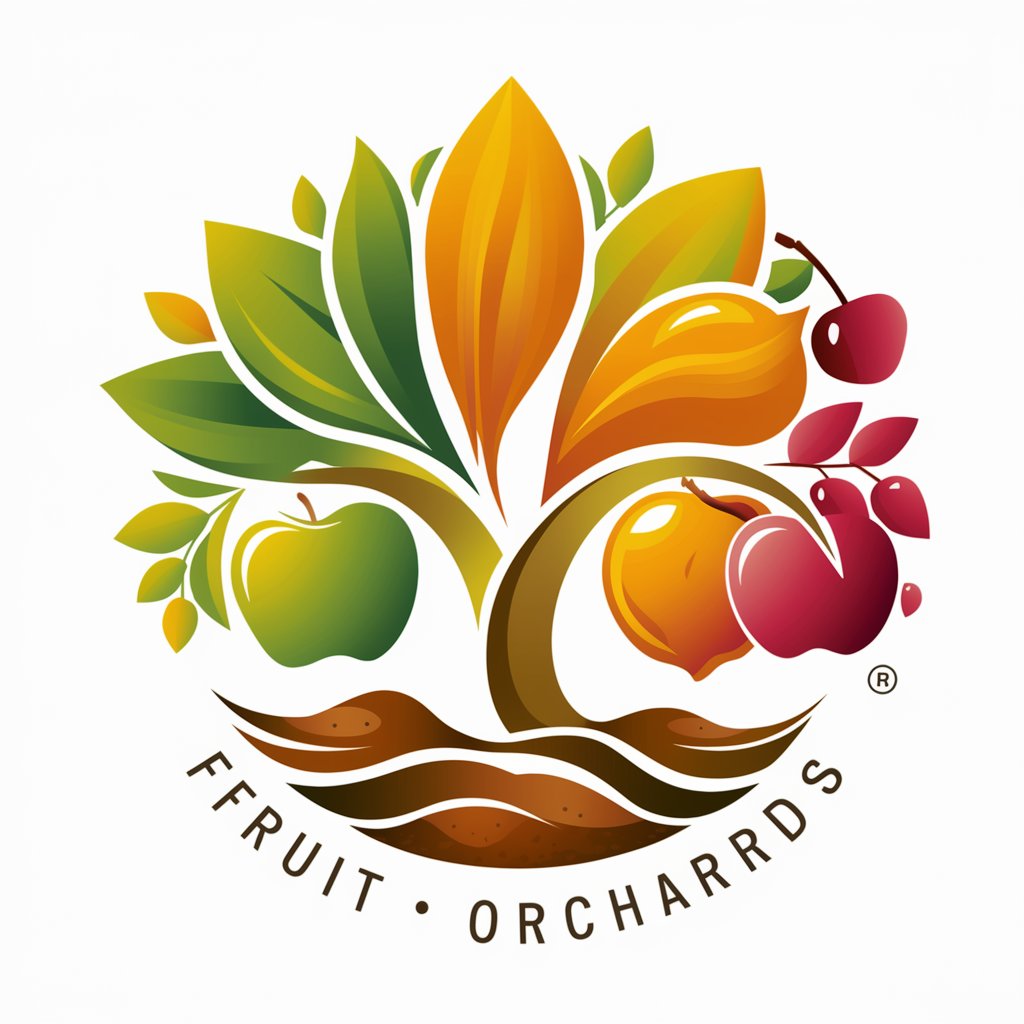
道の駅くりもとイノベーター
Empowering Development with AI Insight

AgriAdvisor
Empowering Farmers with AI-Driven Advice

Farming
Cultivating Sustainability with AI
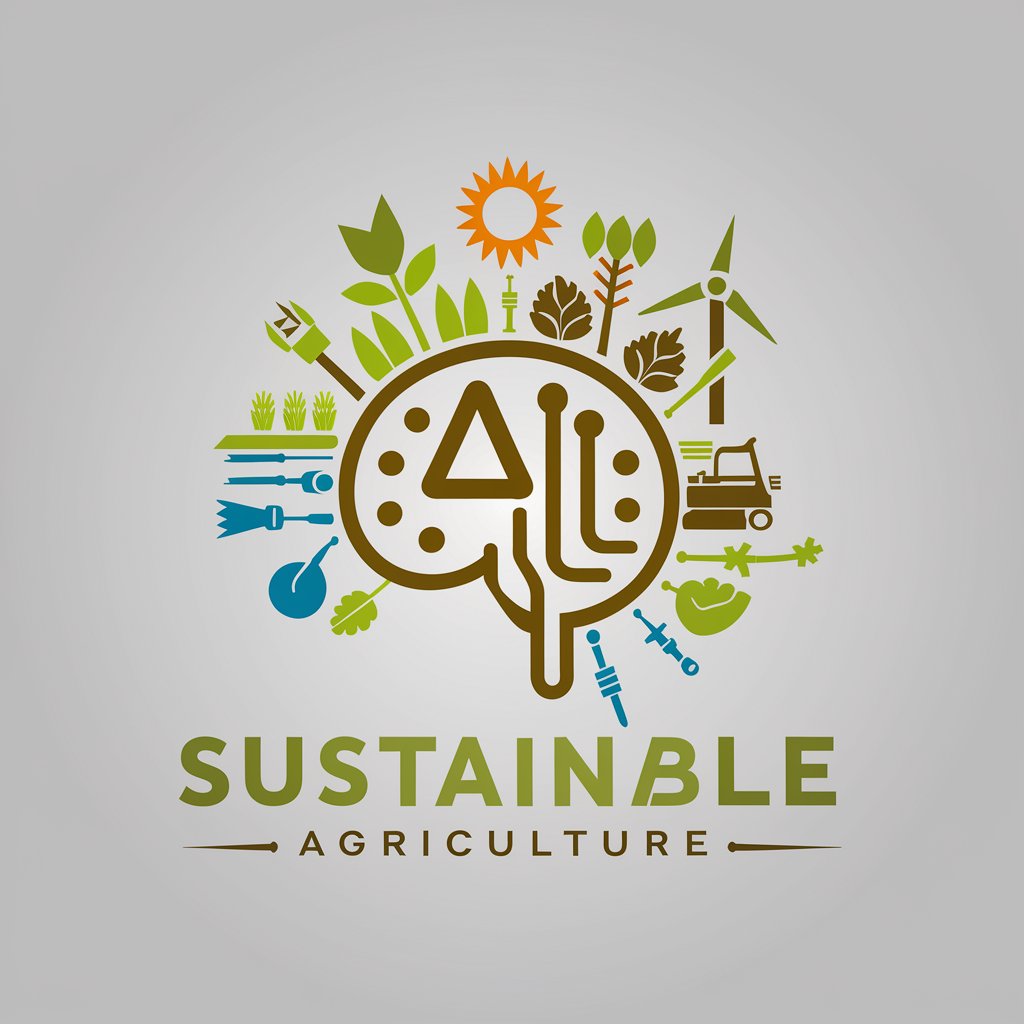
Agricultural Management
Empowering Agri-business with AI-driven Management
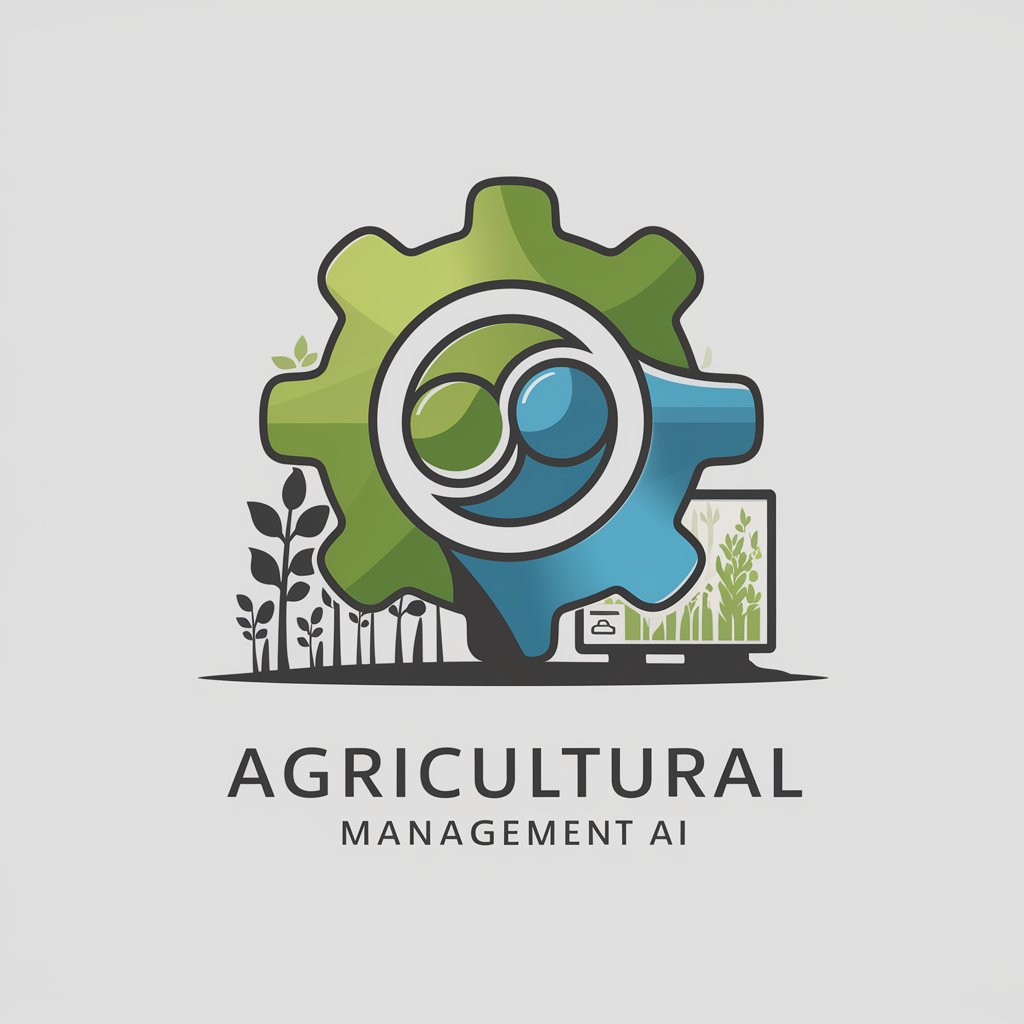
Time Table Assistant
Optimize Your Day with AI-Powered Scheduling

Frequently Asked Questions about Agricultural Economics
What is agricultural economics and why is it important?
Agricultural economics is a branch of economics that deals with the production, distribution, and consumption of agricultural goods and services. It's crucial for understanding and solving issues related to food security, farm profitability, resource use efficiency, and the impact of government policies on the agricultural sector.
How can agricultural economics help in improving farm management?
By applying economic principles and analysis, agricultural economics aids in optimizing resource allocation, cost management, and production strategies, leading to improved profitability and sustainability of farm operations.
What role does agricultural economics play in policy making?
It provides a critical analytical framework for evaluating the impact of government policies on the agricultural sector, including subsidies, tariffs, and regulations, helping policymakers design effective and equitable agricultural policies.
Can agricultural economics contribute to sustainable agriculture?
Yes, through analyzing economic incentives for sustainable practices, assessing the viability of alternative agricultural systems, and studying the trade-offs between productivity and environmental preservation, agricultural economics contributes significantly to promoting sustainability in agriculture.
How does market analysis in agricultural economics benefit farmers?
Market analysis helps farmers understand demand, supply, and price trends for agricultural products, enabling them to make informed decisions about what to produce, when to sell, and how to price their goods, thereby maximizing their income and reducing market risks.

